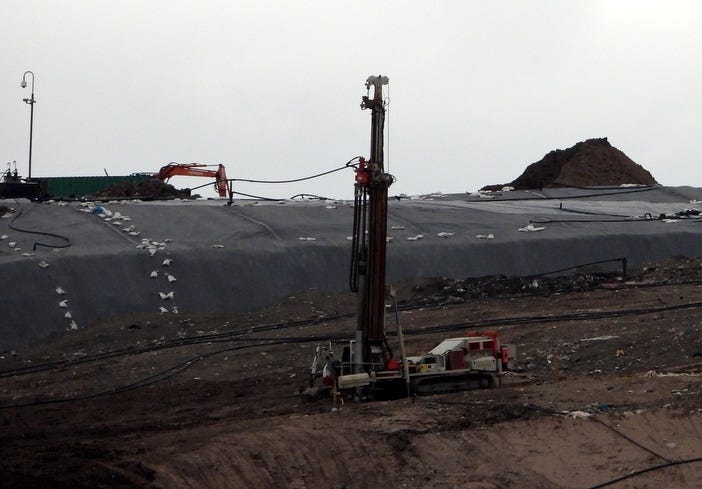Years of austerity has left the Environment Agency unable to protect residents from landfills in the way it would like
Local authorities believe the Environment Agency is best-placed to tackle landfills. But years of austerity means they can't necessarily provide the level of protection that they want to.
The Environment Agency should be given stronger powers to deal with landfill sites ‘that bring daily misery’ to residents.
That is the verdict from one northern MP whose constituents are claiming to be suffering from serious public health consequences from a landfill site.
The Jameson Road landfill in Fleetwood …





